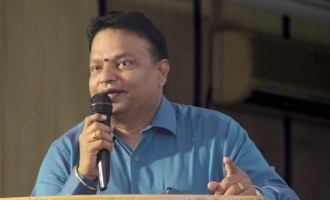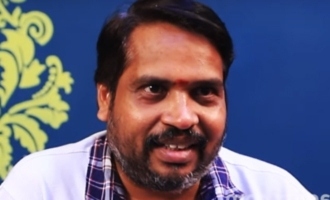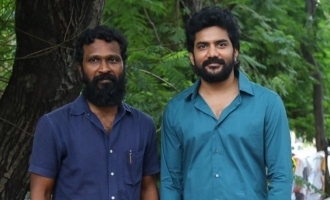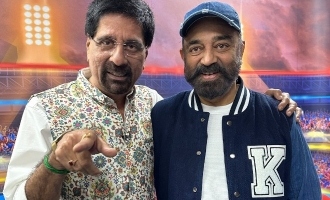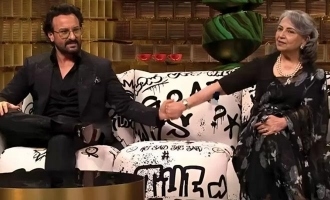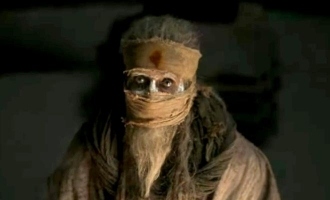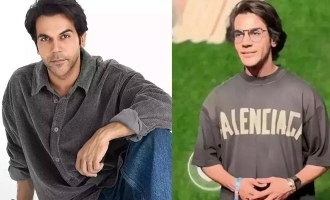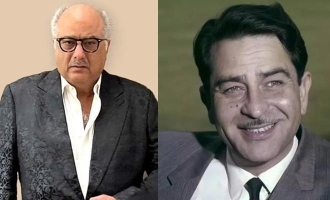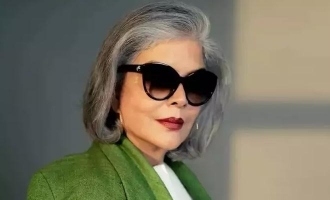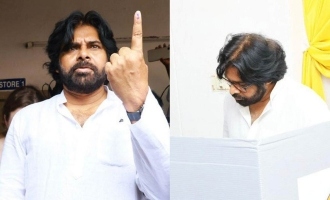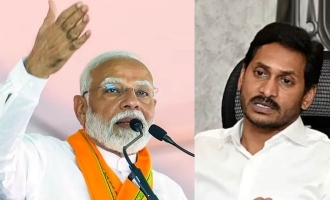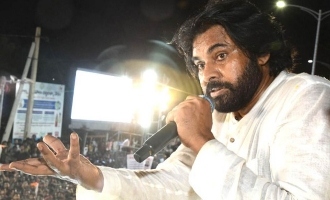CBFC: Coming soon to mind your language again


Send us your feedback to audioarticles@vaarta.com



As the current heat of CBFC Chairman Pahalaj Nihalani`s directive to ban the 34 cuss words is put on hold, the industry can relax for a while. Pahalaj Nihalani`s Qissa -E - Cuss` got everybody involved as the newly appointed CBFC`s Chairman`s new addition to their age old tradition in asking the filmmakers to mind their language received a bumper outrage. Thanks to its classic casting (the cuss word list) which included words like Dick, Ass hole, Screw n English and Maarna`, Lena` Dena` Bajana` Harami` in Hindi.

The Cuss list has brought the fascination of the Censor Board to the 63 year old Cinematograph Act of 1952 to new level. Unless the progressive GD Khosla report which was applauded by the Court in 1969 but successfully ignored by Governments coming to power, The CBFC is most likely to bounce back and start minding and fiddling with filmmakers language and art of expression very soon.
G.D. Khosla report which suggested an independent and autonomous Board of Film Censors asking the censorship code be drawn up by the board itself and not by the government saying the present code is a diktat by the government, which also acts as the supreme authority for its enforcement.
If implemented the report would curb the existing rigid code in film censorship, reduced the fear of interference by Government and influential, powerful politicians.
Anyhow the report became popular for its recommendation for allowing Kiss on screen. The popular recommendation said, "No court of law will hold that a kiss by itself, irrespective of the circumstances in which it takes place or the individuals between whom it is exchanged, is indecent or immoral."

The member of G.D Khosla report included names like R.K. Narayan, K.A. Abbas, Romesh Thapar, Umashankar Joshi and Tara Sapre. Among the witnesses who appeared before the body were Satyajit Ray, E. Alkazi, Pahari Sanyal, Sohrab Modi, V. Shantaram, Prithviraj Kapoor, Hrishikesh Mukherjee, and some leading distributors and film critics of those times.
The report rightly questioned the criteria of appointments for the Censor Board and observed that no specific qualifications are prescribed to be part of the body. The report recommended a person having sufficient educational and cultural competence to handle the situation.
It also recommends a constitutional appointment for the Chairman post which will require consultation with the Union Public Service Commission and a specific qualification.

This is precisely the reason we saw a former Indian Railways employee Rakesh Kumar as CBFC chief deciding on what content is suitable for Indian audiences. Who shamefully got caught taking bribes?.
And now Pahlaj Nihalani a producer better known for his blockbuster hit Aankhen (1993)`, Ilzam (1986) and Shola or Shabnam (1992) asking the filmmakers to mind their language.. how much had he followed in his own films.. Pahlaj Nihalani has also headed the producers body AMPTPP (Association of Motion Pictures and TV Program Producers).
Ironically some initiatives to help the cause of the filmmakers were expected from Pahalaj Nihalani but his diktat has caused ire amongst his own fraternity.
It`s hilarious to find that the first film in India (Raja Harishchandra - 1913) by the pioneer Dadasaheb Phalke, the Indian Cinematograph Act was passed and came into effect only in 1920.

Devika Rani and Himanshu Rai`s passionate lip lock in Karma (1933) that lasted for four minutes still remains the kissing scene of largest duration. 36 years later In 1969 Khosla Committee supported on screen kissing after the implementation of Cinematograph Act, 1952.
However the Cinematograph (Certification) Rules were revised in 1983 and since then the Central Board of Film Censors became known as the Central Board of Film Certification but no significant changes have happened.

The controversies keep on looming questioning the importance of Censor Board and its decisions. Following the clearance of Messenger of God featuring Gurmeet Ram Rahim Singh in lead role, Censor board chief Leela Samson resign saying, "It is a mockery of Central Board of Film Certification" and gave alleged "interference, coercion and corruption of panel members and officers of the organization who are appointed by the ministry to be the reason for her resignation.

Vijay Anand the maker of classics like Guide threw a bomb in the political circles and right wing flag bearers when he voiced his opinion to legalize the exhibition of soft pornographic films in the land of Kamasutra - India. Vijay Anand later stepped down from the post after seeing no result.
It`s not that the Censor Board has its stay all the way.. in fact it has being so vulnerable under any pressure be it from government or superstars who had a strong clout with the establishment.

Thespian Dilip Kumar`s Ganga Jamuna (1961) was not getting cleared Censor Board headed by D L Kothari Board found it to be glorifying a dacoit. The IB Ministry was also stubborn supporting Censor Board`s decision. Finally Dilip Kumar`s personal equation with Prime Minister Jawaharlal Nehru helped in getting Ganga Jamuna see the light. The rest is history. Ganga Jamuna went on to become Indian cinema`s and Dilip Kumar`s one of finest works.

It is said that the iconic Big B has used his clout for helping in Indian cinema`s evergreen action cult Sholay` though he denies the report but industry veterans say that Sholay` faced problems due to its depiction of violence and it was Mr Bachchan`s strong connections with the Gandhi family helped Sholay` see the light. Interestingly the release date of Sholay and Emergency period in India share the same month and year (June 1975) ten days after the release of Sholay Congress declared emergency in India.

Surprisingly an emergency like situation still exists as the Censor Board continues it diktat the most talked about examples being banning of Gulabi Aaina (The Pink Mirror), in 2003 - a film on Indian transsexuals produce
Follow us on Google News and stay updated with the latest!




 Follow
Follow


